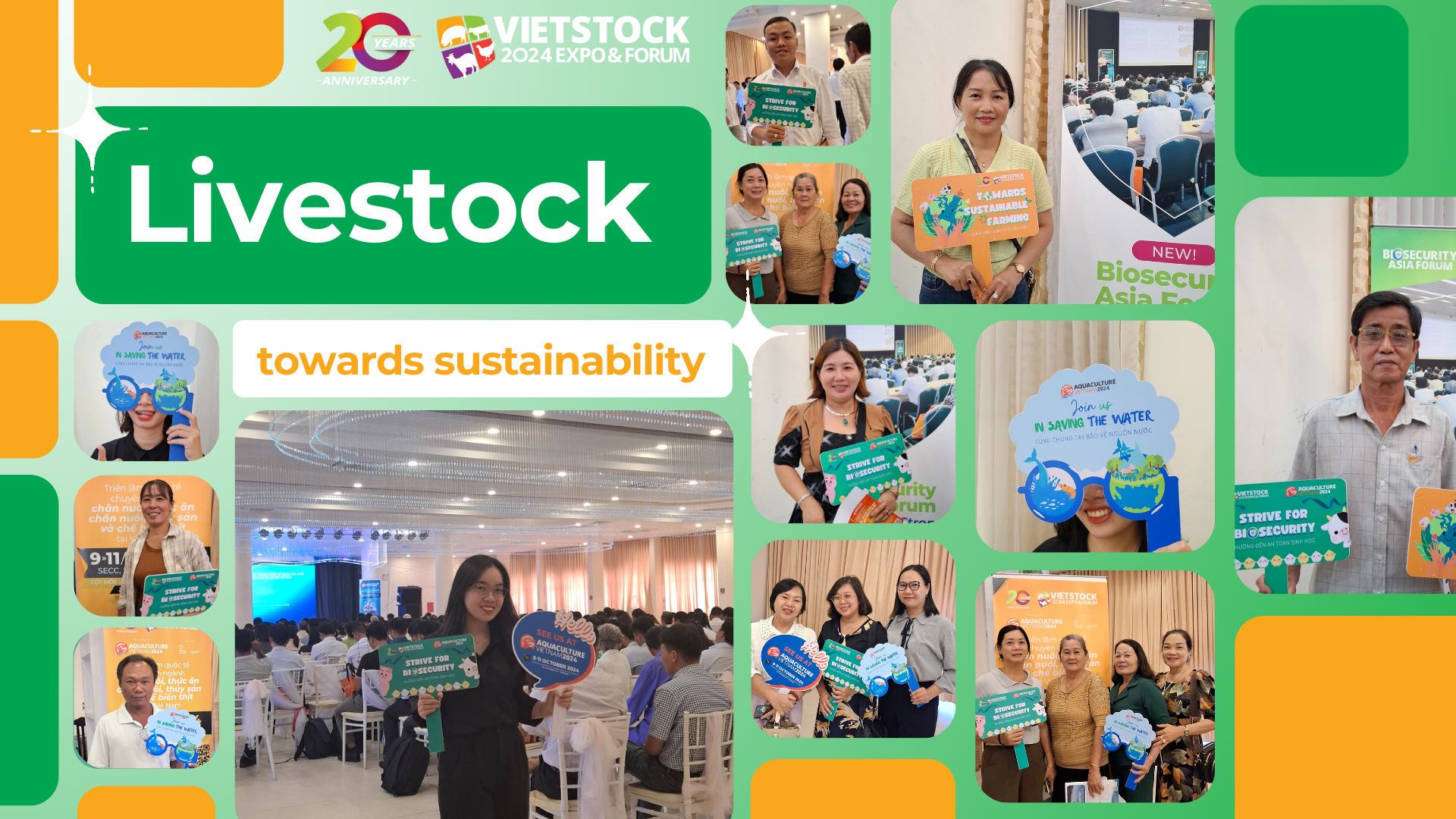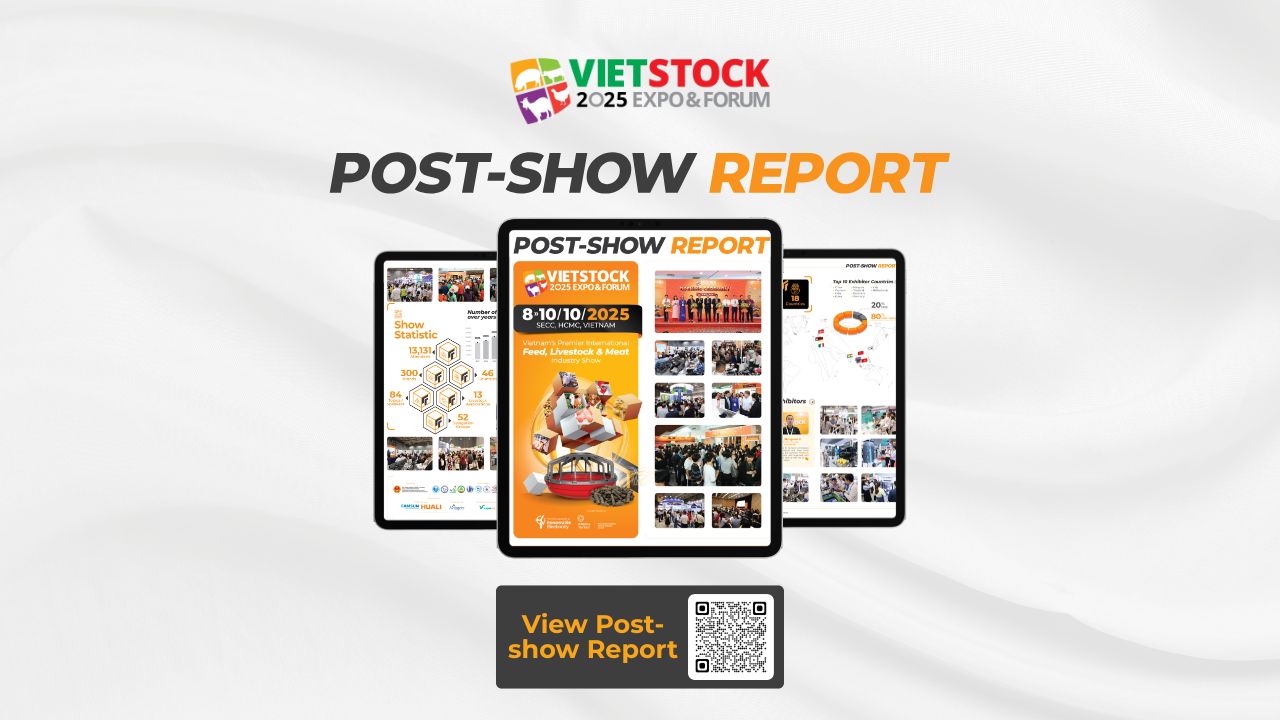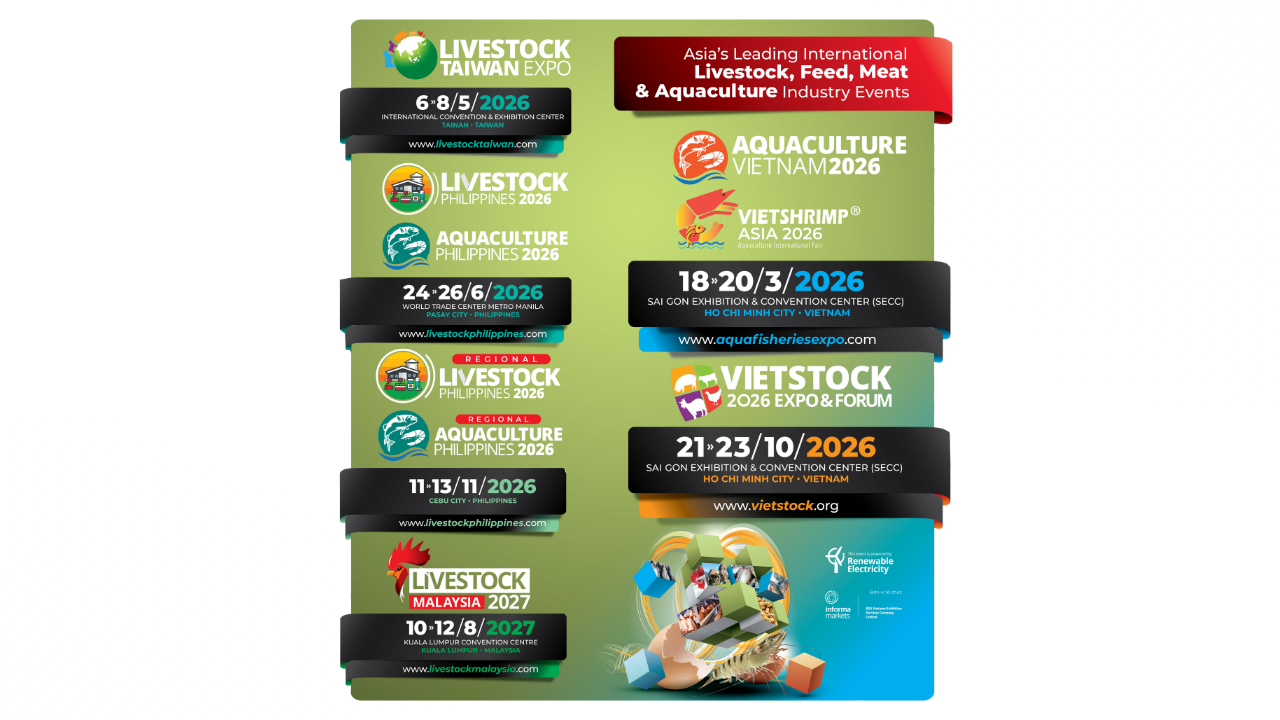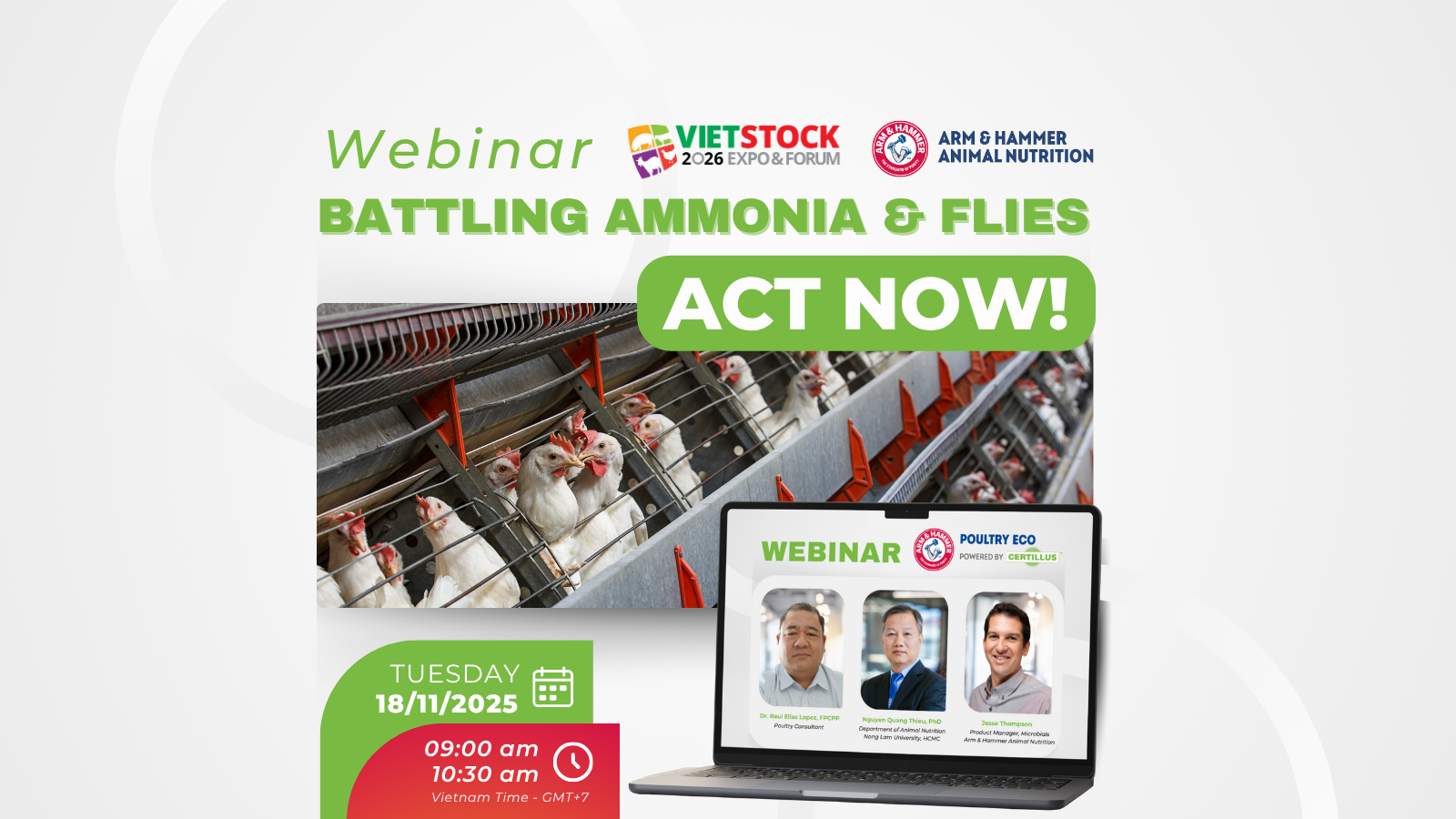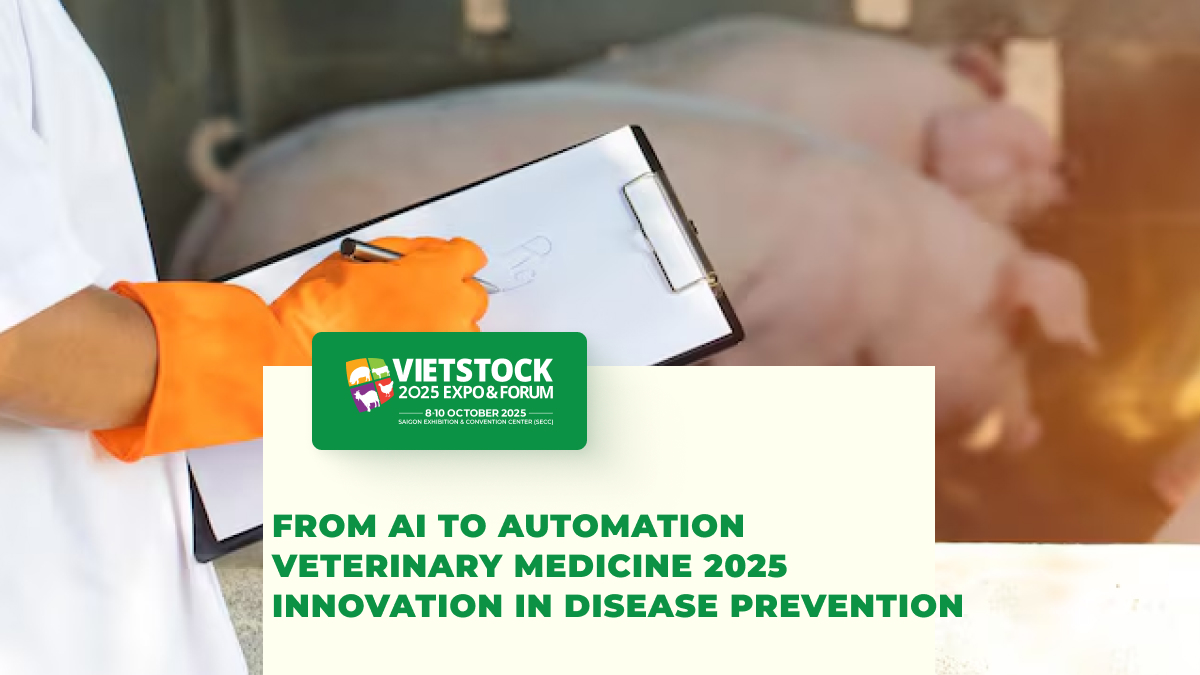VietGAP in Poultry Farming – High Quality, Safe, and Profitable
In an era where consumers are increasingly concerned about the quality and origin of food, VietGAP has become a golden key to success in the livestock industry. VietGAP has become crucial for success in the livestock industry, particularly in poultry farming. These standards guarantee the safety of products for consumers and also lead to increased profits for farmers.
This article delves into the significance of implementing VietGAP standards in poultry farming, which ultimately helps in enhancing product quality and economic efficiency.
What is VietGAP in Poultry Farming?
In today’s lifestyle, ensuring food safety and environmental protection in livestock farming is a top priority. The VietGAP (Vietnamese Good Agricultural Practices) is a set of principles many farmers have adopted to promote clean and sustainable production processes, especially in poultry farming.
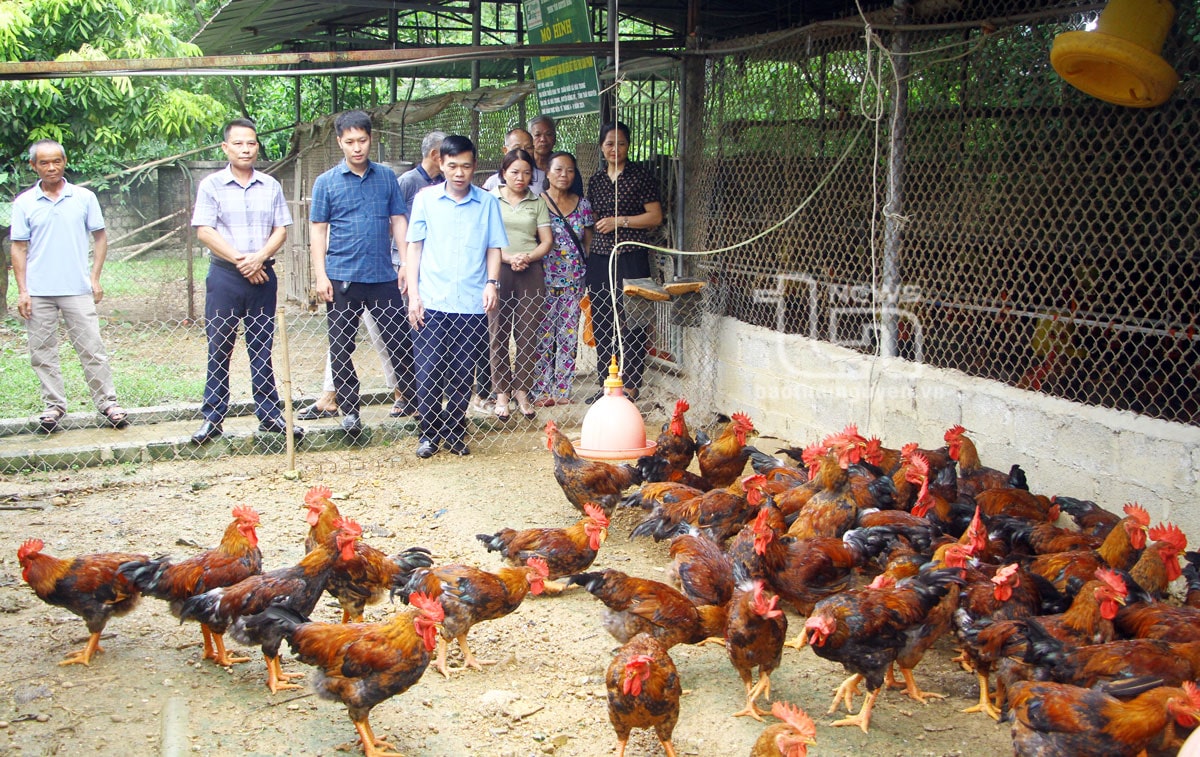
VietGAP helps the poultry business fulfil the increasing consumer demand for safe and high-quality food. This standard provides a comprehensive control framework, from breed management, feed, and disease prevention, to farm environmental management.
By clearly defining processes and standards, VietGAP is a standard and a step forward in committing to a modern, professional, and environmentally friendly livestock industry.
Benefits of Applying VietGAP in Poultry Farming
Applying VietGAP standards in poultry farming is a technological advancement and a sustainable strategy for egg and food producers. Here are the main benefits:
- Increase Product Quality Ranking: Poultry raised according to VietGAP standards is highly valued for quality, meeting the strict demands of the food safety market.
- Expand Customer Access: VietGAP-certified products easily access large distribution channels and export markets, thereby expanding customer reach.
- Enhance Consumer Purchasing Rates: Safe and high-quality products increase consumer trust, thus improving purchase rates.
- Quick and Sustainable Efficiency: Applying VietGAP helps farming facilities reap long-term benefits by maintaining stable and sustainable product quality.
- Increase Brand Recognition: A brand known for safe and high-quality products enhances its value in the eyes of consumers.
- Optimise Management Costs: VietGAP standards require strict management processes, helping to save costs by minimising unnecessary use of veterinary drugs and pesticides.
- Enhance Consumer Experience: Poultry products raised under VietGAP standards ensure freshness, cleanliness, and minimal or no prohibited substances, providing a safe and satisfying culinary experience.
- Align with Sustainable Development Trends: VietGAP focuses on economic benefits, and emphasises environmental protection and sustainable development, aligning with global development trends.
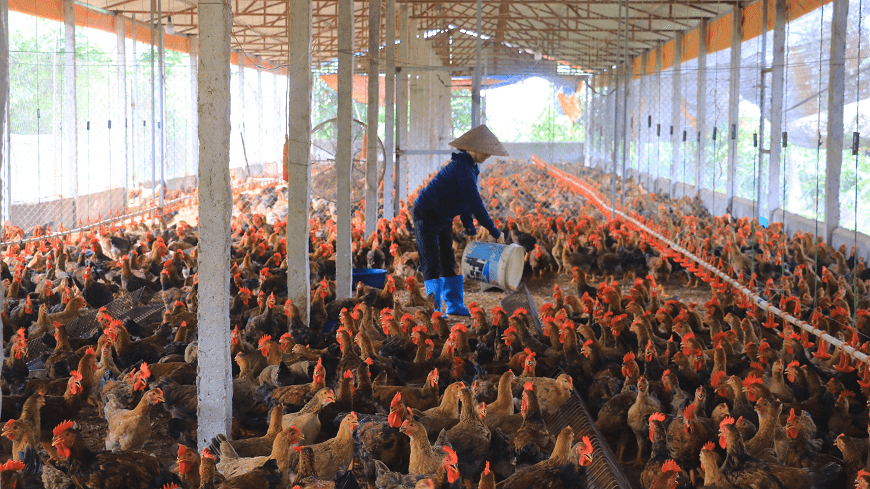
These benefits show that VietGAP not only helps improve product quality but also brings significant added value to producers and consumers, building a solid foundation for a modern and advanced livestock industry.
The 4 Main Criteria Groups in VietGAP
In modern livestock farming, adhering to national standards like VietGAP helps improve product quality and ensures consumer safety and environmental protection. Here are the four main criteria groups in VietGAP:
1. Location and Farm Design:
- Location: The barn should be located in a high, well-drained area, away from pollution sources
- Coop design: The chicken coop must be well-ventilated, have adequate natural light and fresh air, and be easily cleaned and disinfected.
- Waste treatment system: There must be a suitable waste collection and treatment system to avoid affecting the surrounding environment and water resources.
- Water source: The water source used for chickens must be clean, uncontaminated and have a continuous supply.
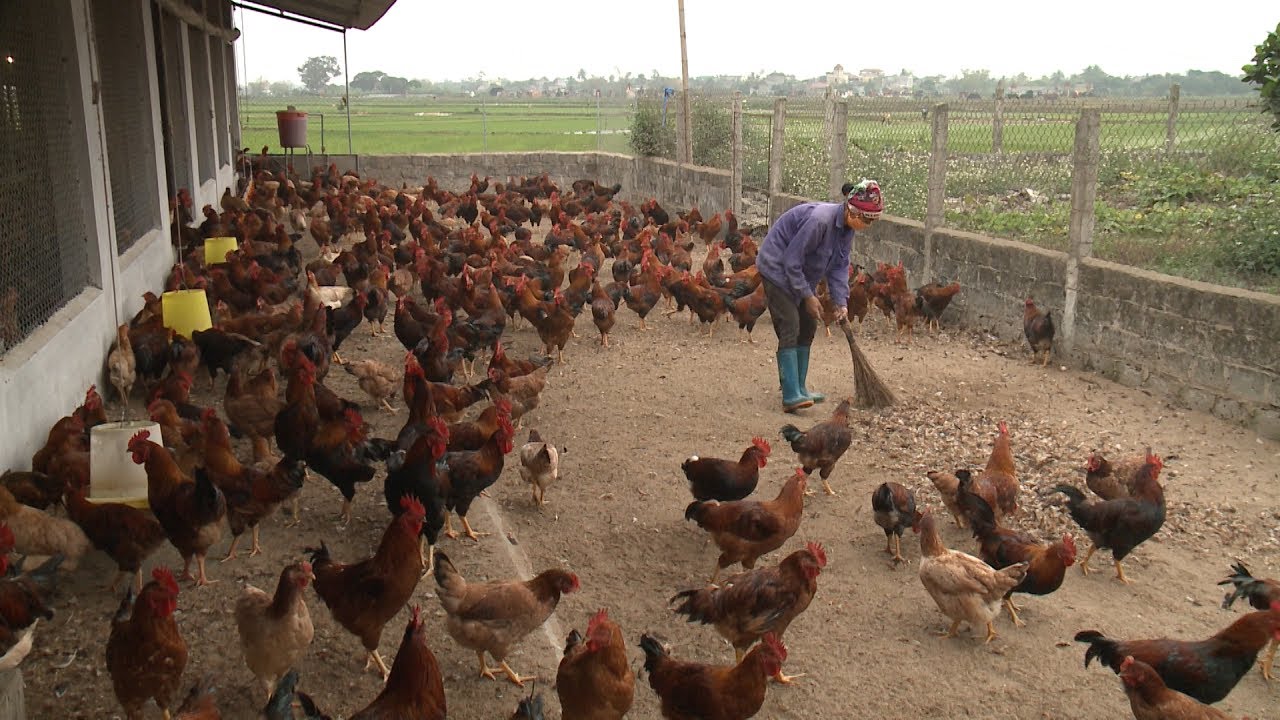
2. Disease Management:
- Disease prevention: Implement disease prevention measures such as fully vaccinating chickens.
- Vaccine management: Have a clear vaccine management schedule and records.
- Usage of veterinary drugs: Use veterinary drugs only as prescribed by a veterinarian in the correct dosage.
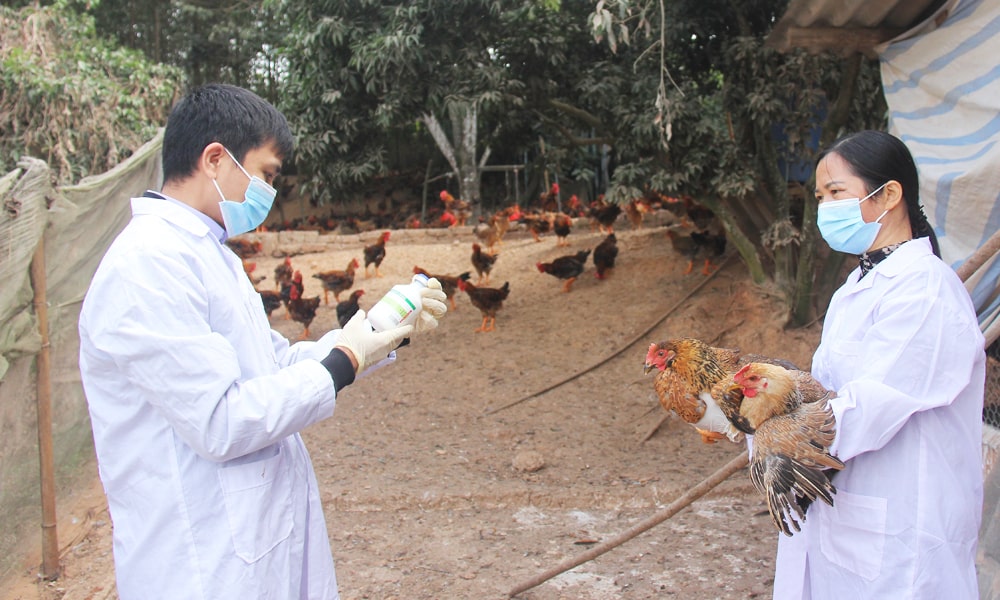
3. Feed, Water, and Poultry Management:
- Selecting feed sources: Feed sources must be high quality and not derived from sick animals or prohibited substances.
- Managing drinking water sources for chickens: Water must be clean, well-maintained, and regularly inspected.
- Process of care and flock management: Follow the correct technical procedures for caring for chickens according to each stage of development, including fully recording daily care activities.
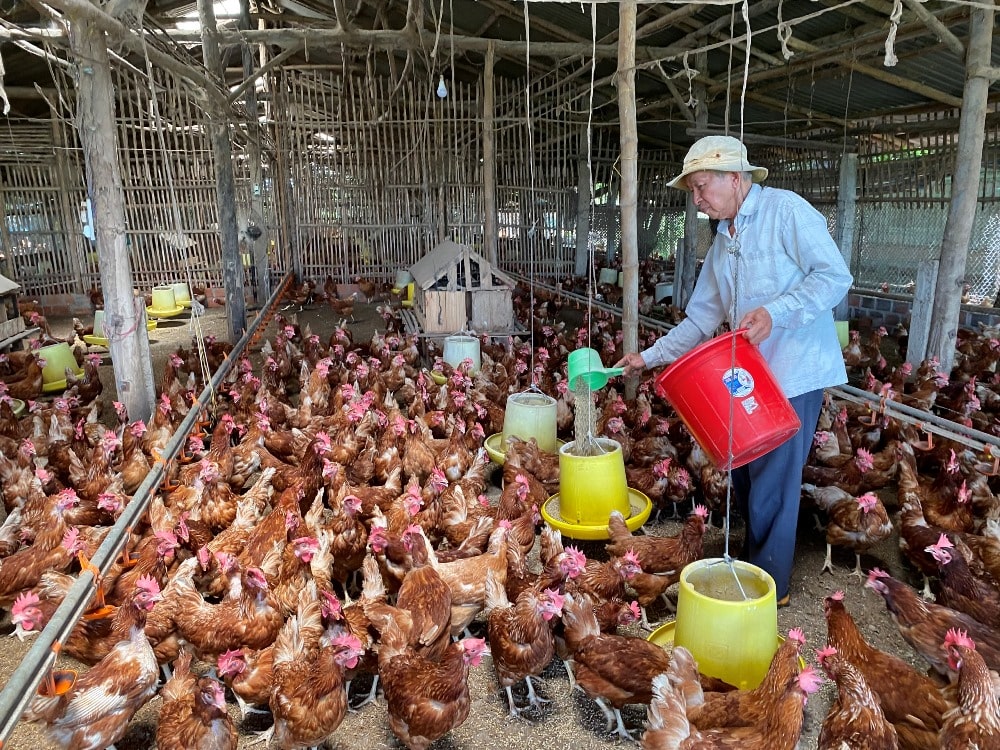
4. Harvesting, Transport, and Storage:
- Ensure food hygiene and safety: The harvesting process must be hygienic to avoid contaminating the product.
- Transportation: Products should be transported in clean, contamination-free vehicles
- Product preservation: After harvesting, products should be stored under appropriate conditions to maintain freshness and quality.
The careful application of these standards will not only help enhance product value but also contribute to building the image and reputation of the manufacturer in the eyes of consumers and the market.
Steps to Register for VietGAP Certification
To achieve VietGAP certification, farmers need to follow these basic steps:
1. Prepare Documentation:
The documents to be prepared include:
- A detailed description of the livestock farming process, including the origin of breeds, feed, disease prevention measures, and waste management.
- Declaration of infrastructure and equipment.
- Documents proving the origin, feed quality, veterinary medicine, and chemicals used (if any).
- Compliance with VietGAP regulations.
2. Assessment Process:
- Once the application is submitted, an independent certification body will conduct a site inspection.
- On-site assessment of farming conditions, facilities, waste management practices, and veterinary drug usage, will be conducted.
- Product samples will be tested to ensure food quality and safety.
- Interviews with farm owners and staff to verify information submitted in the application.
3. Receive VietGAP Certification:
- If the farm meets all VietGAP requirements and no violations are found during the assessment, the farm will receive a VietGAP certificate.
- This certification is valid for a certain period of time. To maintain the value of the certification, the farm must continue to comply with the standards and be available for periodic inspections.
Registering for VietGAP certification requires thorough preparation and strict adherence to regulations. However, obtaining this certification brings benefits that can enhance product competitiveness, expand access to domestic and foreign markets, and build consumer trust.
Vietstock 2024 – Accompanying & Developing Vietnam’s Livestock Industry
To enhance knowledge and skills related to biosecurity – sustainable livestock development, livestock households should visit Vietstock 2024. Participating in Vietstock 2024, farmers will gain valuable insights at the Biosecurity Asia Forum – a forum focusing on orientations, methods and ways to implement biosecurity livestock – which is the core value of sustainability for livestock industry. This forum is a highlight that should not be missed at this year’s exhibition.
Having been a part of the livestock industry for two decades, Vietstock has a thorough knowledge of the market and the needs of livestock and aquaculture businesses and households. Vietstock accompanies the Department of Livestock Production (Ministry of Agriculture and Rural Development) as well as various livestock and aquaculture associations and organisations throughout Vietnam. By doing so, they provide a wealth of knowledge, trends, and techniques to a large number of visitors, helping the livestock industry overcome challenges and progress towards sustainable development.
Some highlight activities at Vietstock 2024 include:
- Technologies, Products & Solutions Showcase: Visit booths displaying advanced products and services from leading enterprises in the livestock and aquaculture industry.
- Conferences: hosted by the Department of Livestock Production (MARD), the Animal Husbandry Association of Vietnam, and associations and institutes of livestock and fisheries in Vietnam. The conference covers various topics: Poultry, Ruminants & Diary, Swine, Waste to Energy, Nutrition & Feed, Animal Welfare, and Controlling Greenhouse Gas Emissions in Livestock Production.
- Technical seminars: offer a platform for sharing expertise, updating groundbreaking advancements and exploring practical solutions. Simultaneously, they offer businesses the opportunity to highlight their products and services to potential customers.
- Bus-in program: Participate in the group visitor support program, helping poultry farmers have direct access to new technologies and solutions, and exchange and learn from experts.
In addition, Vietstock 2024 also has many other outstanding activities, creating conditions for farmers to exchange, learn and develop their business.
Vietstock 2024 will take place concurrently with the Aquaculture Vietnam 2024 exhibition, from October 9 to 11, at the Saigon Exhibition & Convention Center (SECC), Ho Chi Minh City, Vietnam.
Join Vietstock 2024 to enhance your knowledge, expand your network and explore new opportunities in the poultry industry!
- Pre-registration: https://ers-vn.informa-info.com/vsv24
- Book a stand: https://www.vietstock.org/en/book-a-stand/
CONTACT US:
- Exhibiting: Sophie Nguyen – [email protected]
- Group Delegation Support: Phuong – [email protected]
- MarCom Support: Ms. Anita Pham – [email protected]


